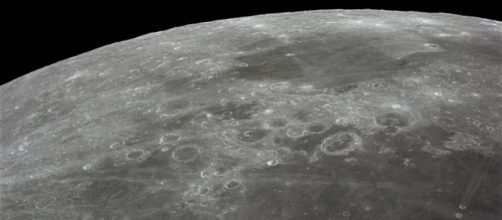U.S. astronauts landed on the moon half a century back, and, since then, the focus has shifted to the red planet, Mars. However, in December last year, Donald Trump issued a directive to NASA to revive its lunar missions and send US astronauts back to the moon. The space agency wants to involve the commercial space industry in terms of delivering the payloads there.
The Guardian reports that Jim Bridenstine, the new administrator of NASA, has reassured that the agency has not lost sight of Mars which continues to be on the agenda. Its target of being the first to put Americans on Mars remains and both the moon and Mars mission will progress side by side.
No letup in space research
The first man landed on the moon more than half a century back and research into space-related activities has led to improved methods. During the annual Humans to Mars summit in Washington, Jim Bridenstine assured his audience that NASA has not lost sight of its objectives of being the first to put man on Mars.
He clarified that the vision of US president Donald Trump is to establish American leadership in this highly specialized field. NASA is, accordingly, going ahead with a focus on both the moon and Mars mission simultaneously. He clarified that a return of astronauts to the moon will set the pace for the development of technologies that will, in due course, be adapted to meet the requirements of Mars.
Some of these will pertain to requirements for the colonization of the planet while others will deal with transportation on the alien surface -- as well as long-term life support systems.
Mars is an attractive option
Mars has always fascinated man and big operators like NASA, ESA, Roscosmos, Mars-One and even SpaceX want to set up human settlements there. NASA has an advantage over others because it already has its robot Curiosity positioned there. It has been working 24/7 for more than five years in order to explore the surface and send back data to Earth for analysis.
NASA has also launched its InSight program which is expected to go deep down into the planet with the goal of unearthing more information that will be useful for further exploration.
Obviously, the Americans are way ahead of others, but it remains to be seen whether US astronauts will be the first to land on the red planet.
There will be other players interested in landing on Mars, and they will probably want to land robots to extract its natural resources and send them back to Earth. They will likely be eyeing the business potential and are not likely to contribute to the cause of colonization.


